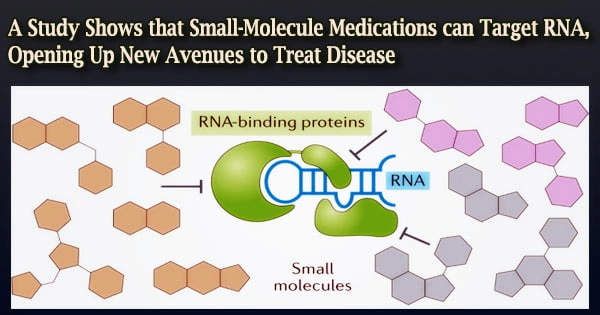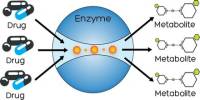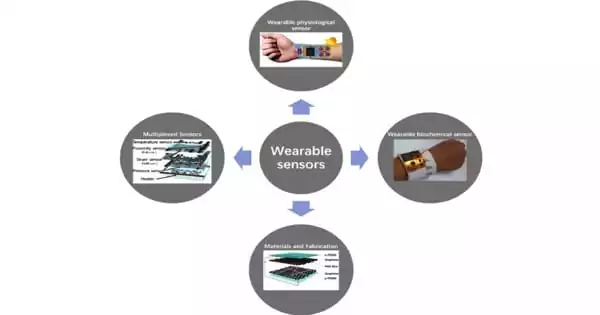According to the findings of an international, randomized, double-blind, placebo-controlled phase 3 clinical trial, adding the androgen-receptor inhibitor darolutamide to androgen-deprivation therapy and chemotherapy increases the survival of men with metastatic, hormone-sensitive prostate cancer, which is usually fatal.
A team lead published the study in the New England Journal of Medicine by experts from Massachusetts General Hospital (MGH).
When cancer has gone beyond the prostate and throughout the body, it is called metastatic hormone-sensitive prostate cancer (mHSPC), and it can be treated with hormone therapy. This means that male sex hormones, such as androgens like testosterone, can be restricted or stopped in order to slow the progression of cancer.
Different types of clinicians, such as medical oncologists, surgeons, and radiation oncologists, frequently collaborate in cancer care to develop an overall treatment plan that may include a combination of treatments. A multidisciplinary team is what this is known as.
Palliative care experts, physician assistants, nurse practitioners, oncology nurses, social workers, pharmacists, counselors, nutritionists, physical therapists, and other health care professionals are all part of cancer care teams.
Although there is no cure for mHSPC at this time, treatment aims to decrease the spread of your prostate cancer. Men with mHSPC have a variety of therapy options.
Despite progress in recent years, survival is short for patients with metastatic prostate cancer. Results from ARASENS are an important step forward, and triplet therapy with darolutamide should become a new standard of care for the treatment of patients with metastatic hormone-sensitive prostate cancer.
Matthew R. Smith
The addition of either the chemotherapy drug docetaxel or an androgen-receptor pathway inhibitor to androgen-deprivation therapy is standard treatment for patients with metastatic, hormone-sensitive prostate cancer, with the latter two treatments acting to reduce the effects of androgen hormones like testosterone.
Clinical experiments combining all three therapies have yielded contradictory outcomes. The type and stage of cancer, potential side effects, and the patient’s preferences and overall health all influence treatment options and recommendations. Cancer treatment can have a variety of effects on elderly people.
To provide more clarity, researchers created the large, international ARASENS Trial, which randomly assigned 1,306 patients with metastatic, hormone-sensitive prostate cancer to receive the oral androgen-receptor inhibitor darolutamide or placebo in a 1:1 ratio, both in combination with androgen-deprivation therapy and docetaxel.
After 533 people died, the survival rates in the two groups were compared. Patients were tracked for a median of 3.5 years, and those who got darolutamide had a 32.5 percent lower chance of dying over that time than those who did not.
Patients who used darolutamide had a longer time to develop castration-resistant prostate cancer (which no longer responds to testosterone-lowering therapy), pain, and the need for additional anti-cancer medicines.
When compared to androgen deprivation therapy and docetaxel alone, the combination of three drugs had no more hazardous side effects. Cancer is eradicated from a specific, confined area of the body using local therapy. Surgical and radiation therapy are examples of such treatments.
Local therapy for early-stage prostate cancer may be able to totally eradicate the malignancy. If the cancer has gone beyond the prostate gland, other treatments (such as drugs) may be required to eliminate cancer cells in other places of the body.
“Despite progress in recent years, survival is short for patients with metastatic prostate cancer. Results from ARASENS are an important step forward, and triplet therapy with darolutamide should become a new standard of care for the treatment of patients with metastatic hormone-sensitive prostate cancer,” says lead author Matthew R. Smith, MD, PhD, director of the Genitourinary Oncology Program at the Mass General Cancer Center and an associate professor of medicine at Harvard Medical School.
Clinical trials are research studies that test novel therapies or discover new methods to use existing medications. Rather than pursuing aggressive therapy, some men choose active surveillance (where the disease is regularly watched) or watchful waiting (where only new symptoms cause testing). Bayer and Orion Pharma supported the study.
















